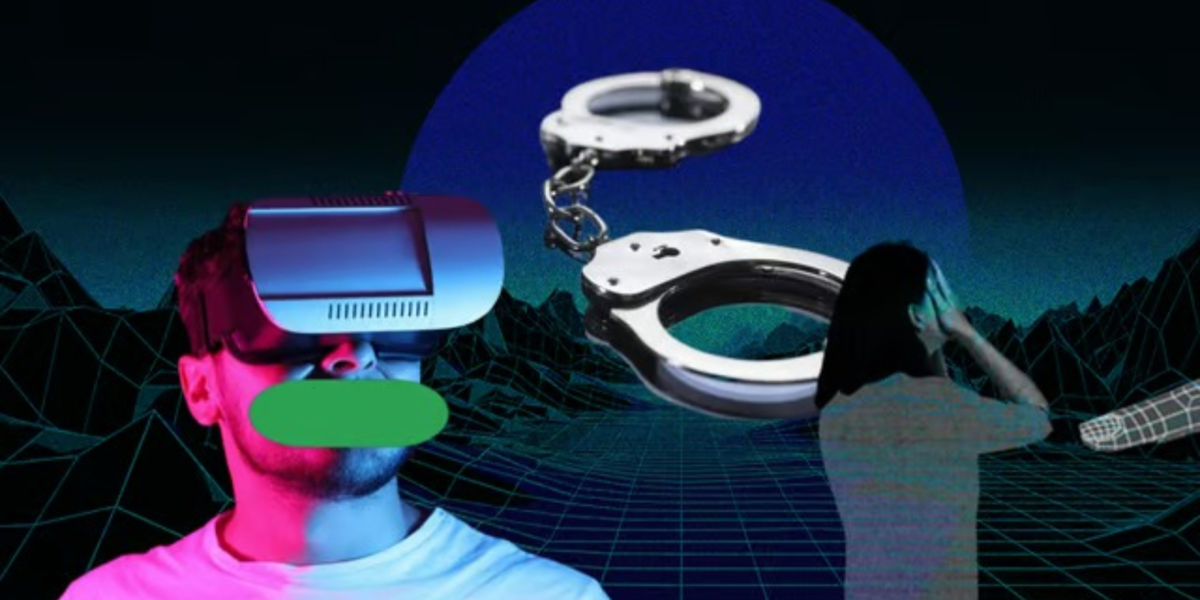WEB DESK: Psychologists at Edith Cowan University (ECU) have delved into the minds of criminals using virtual reality (VR) technology, shedding light on their decision-making processes. The findings of their study, published in the journal Scientific Reports, offer fresh insights into criminal behavior and interrogation dynamics.
Dr Shane Rogers, leading the project alongside ECU Ph.D. candidate Isabella Branson, highlighted the aim of the research: to understand criminals and their responses during questioning. “To catch a criminal, you have to think like a criminal—well, that is effectively what we are trying to do here,” he explained.
In the study, 101 participants engaged in virtual mock-crime scenarios, role-playing the act of burglary. Subsequently, they underwent mock police interviews conducted by Branson within a virtual interrogation room.
Dr Rogers underscored the significance of the study in unlocking the motivations and decision-making processes of criminals. “By putting non-criminals in criminal scenarios, we are given credible insight into how and why decisions are made in illegal situations,” he stated, emphasising the value of using virtual reality in forensic psychology research.
Read More: Huawei to provide free AI training to 200,000 Pakistani youth
The researchers found that participants were able to immerse themselves in the criminal role in virtual reality, with a higher level of motivation correlating with increased attempts at deception during the follow-up interviews.
Looking ahead, Dr Rogers sees potential applications of VR in law enforcement training, particularly for detectives conducting interviews. He envisions a future where offenders could be questioned in virtual reality environments, providing a less intimidating setting conducive to more truthful responses.
Beyond interrogations, virtual reality mock crime experiences offer broader applications in studying criminal behavior. Dr Rogers highlighted their potential for police officers to role-play as criminals, offering insights into criminal thinking and actions.
The innovative use of virtual reality technology promises to deepen our understanding of criminal behavior and enhance law enforcement practices in the future.














